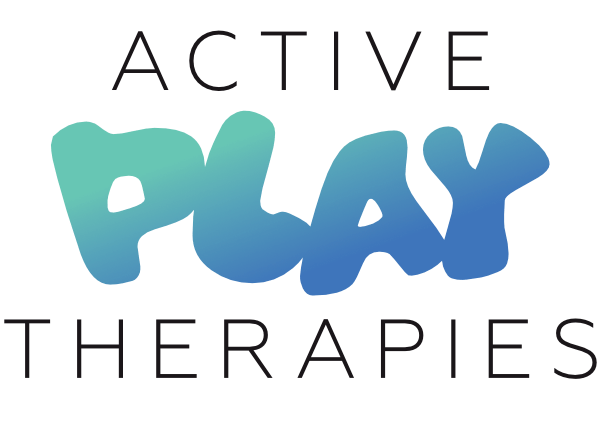Thoughts from a Sleep Deprived Therapist
Originally published on Sensory Integration Education on 26 February 2024.
In this month’s Thoughts From a Therapist article, Anna Willis, Occupational Therapist and Advanced Practitioner in Sensory Integration, looks at the sensory aspects of sleep and the emotional and cognitive impact on everyone involved.
Ah, a good night’s sleep. Something I’ve been dreaming of (ironically!) since the end of pregnancy. My little one is now 15 months old and yet to treat us to sleeping through the night. It’s got me thinking about the sensory aspects of sleep and the emotional and cognitive impact on everyone involved.
Our health visitor is now starting to work with a sleep specialist for us. She showed me an image of a circus tent, likening the aspects needed for sleep as the ropes holding the tent up. One being ‘environment’ which as an OT, I have already spent a long time considering from a sensory perspective. The black-out blinds are up, the white noise is on (then off another night because maybe it’s too loud (?!), then on again the next and repeat), the heating is perfected to 18 degrees, the sleeping bag is tog matched to the chart, the routine is in place and I’ve perfected my dull yet reassuring “It’s sleepy time now” statement.
Oh, and the amount of money I have spent on gadgets that will get my toddler to sleep is verging on horrifying. I’m looking at you Sooth ‘n’ Snuggle Otter, Starlight Polar Bear, Wubbanub, funny mattress vibrating Zed thing, Merino wool sleeping bag, silky comfort blankets, a myriad of dummies (all of which are rejected), soft toys with the “right” squishiness, soothing sleep music apps…! So the environment has been well and truly OT-ed to the max.
Which has got me thinking. Of all the equipment recommendations we give. Of the information we impart. If sleep is involved – it’s a whole new level of desperation for it to work. And also a whole new level of brain fog for clients, parents or caregivers to cope with. Implementing new things on top of sleep deprivation is hard. Doing anything that may result in less sleep seems almost painful.
So if your clients mention poor sleep (which a lot of our sensory friends do struggle with), bear in mind if they or their caregivers are also sleep-deprived as a result, they are likely to need more concrete things to work on. Write things down. Keep it simple. And keep the equipment recommended as brief as possible to avoid them buying everything in desperation (ahem).
Right, I’m off to Google more things to buy that will guarantee me a good night’s sleep!
Sweet dreams,
Anna
Thoughts From a Therapist is a regular series written by Advanced SI Practitioner Anna Willis about something that piqued her professional interest or inspired her in some way over the last month. Anna, an occupational therapist and owner of Active Play Therapies, has over ten years of experience working with children and adults with a range of learning disabilities and autism.
